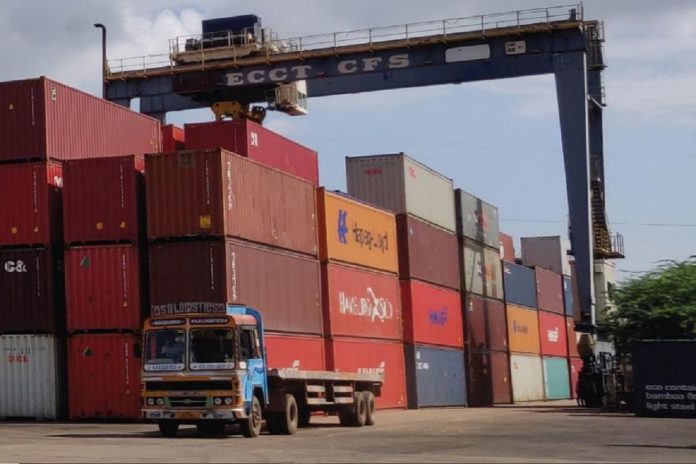Snapshot
The Ministry of Commerce and Industry (MoCI) had launched the study, ‘Logistics Ease Across Different States (LEADS)’ for the first time in 2018.
In the 2021 LEADS report, Gujarat, Haryana and Punjab have acquired the top three positions.
Uttar Pradesh has leapfrogged seven ranks since 2019, highest among all states.
The Minister of Commerce and Industry, Piyush Goyal, on Monday (8 November), said that the inputs given by Logistics Ease Across Different States (LEADS) Report 2021 can lead the way to bring down logistics costs by five per cent over the next five years.
He was addressing the gathering after the release of the LEADS Report in New Delhi.
The report ranks the states based on their logistics ecosystem, highlights the key logistics-related challenges faced by the stakeholders and includes suggestive recommendations.
The Ministry of Commerce and Industry (MoCI) had launched the study, ‘Logistics Ease Across Different States (LEADS)’ for the first time in 2018 with the main objective of ranking States and UTs on the efficiency of their logistics ecosystem.
In the 2021 LEADS report, Gujarat, Haryana and Punjab have acquired the top three positions.
Also, Uttar Pradesh has leapfrogged seven ranks since 2019, highest among all states, driven by policy initiatives, higher infra spending in logistics. In addition, Uttarakhand and Jharkhand have witnessed a remarkable improvement in their ranks compared to the 2019 LEADS ranking and have emerged as the top improvers.
“Proactive policies, well-developed infrastructure and services driven by a responsive Government have helped Gujarat to maintain its rank,” the Ministry of Commerce and Industry said.
Within the North Eastern States and the Himalayan region, Jammu and Kashmir is the top-ranked followed by Sikkim and Meghalaya. Delhi stands at the top rank among other UTs.
On the occasion, Piyush Goyal said that India is committed to building a modern infrastructure for the 21st century at a pace never seen before. Referring to the recently launched PM GatiShakti Master Plan, he said that it would revolutionise the next generation of multimodal infrastructure development in the country.
He said that the speed of highway construction has increased threefold from 12 km per day in 2013-14 to 37 km per day in 2020-21 and that there was a fourfold increase in Railways Capex from Rs 54,000 Crore in 2013-14 to Rs 2.15 Lakh Crore in 2021-22.
He observed that in the five years before 2014, just 60 panchayats were connected with optical fibre and that in the last seven years, more than 1.5 lakh gram panchayats were connected with optical fibre.


